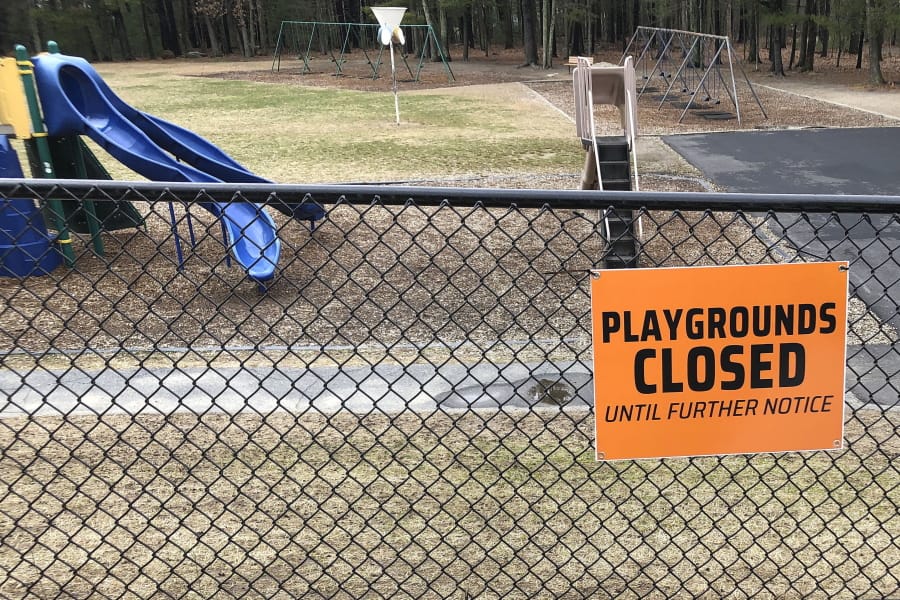NEW YORK — Child welfare agencies across the U.S., often beleaguered in the best of times, are scrambling to confront new challenges that the coronavirus is posing for caseworkers, kids and parents.
For caseworkers, the potential toll is physical and emotional. Child welfare workers in several states, including Michigan, Massachusetts, New York and Washington, have tested positive for COVID-19.
Many agencies, seeking to limit the virus’s spread, have cut back on in-person inspections at homes of children considered at risk of abuse and neglect. Parents of children already in foster care are missing out on weekly visits. Slowdowns at family courts are burdening some of those parents with agonizing delays in getting back their children.
“There are real sad consequences for folks who’ve been making progress toward reunifying,” said Boston social worker Adriana Zwick, who represents unionized caseworkers with Massachusetts’ Department of Children and Families.
She recounted how one supervisor broke down in tears after learning that a mother on the verge of getting her son back from foster care was told there would be a delay because the food service job she’d been promised was scrapped because of COVID-19.
“She was almost there,” Zwick said. “This has really thrown a wrench into things.”
For workers, widespread shortages of gloves, masks and other safety gear are raising concerns, said Angelo McClain, CEO of the National Association of Social Workers.
“If a report comes in of a kid in danger, you need to go out and make sure that child is safe — but you need a face mask, gloves, sanitizer,” he said.
In New York City, the nation’s worst-hit area, child protection staff are instructed mostly to use “virtual visiting,” even while investigating potential risks to a child’s safety.
The city’s Administration for Children’s Services has provided staff with questions to ask families to gauge whether any household member may have the virus. If they do, the agency says special medical assistance might be requested if pursuing an investigation.
The CEO of one of New York’s biggest youth and family services providers, Michelle Yanche, says some of her 1,200 staffers at Good Shepherd Services have tested positive for COVID-19, and she’s bracing for the number to rise.
“We’ve had to triage,” she said. “For the most high-risk families, there’s no other alternative than to see them in person.”
She said her staffers sometimes make urgent visits either with no equipment or gear that’s been used.
In Massachusetts, Zwick’s department confirmed Thursday that one of its Boston-based employees has tested positive for COVID-19. The union says at least three other workers are presumed infected after becoming seriously ill.
Many child welfare professionals worry the pandemic, by increasing stress on already fragile families, will fuel a rise in child abuse and neglect.
“You have families that don’t have stable housing, stable income. Maybe there’s a mental health challenge or a substance abuse problem — and now the schools are closed,” Zwick said. “That is a recipe for disaster.”
Teachers and other school employees normally offer a safeguard by reporting suspicious bruises and other warning signs, said McClain of the social workers association.
“Now you don’t have those eyes and ears,” he said.
In Fort Worth, Texas, Cook Children’s Medical Center recently admitted seven kids under 4 who suffered severe abuse, including two who died the same day.
Dr. Jayme Coffman, who heads the hospital’s child abuse prevention center, linked the surge of cases to the heightened stress on many families during the pandemic.



